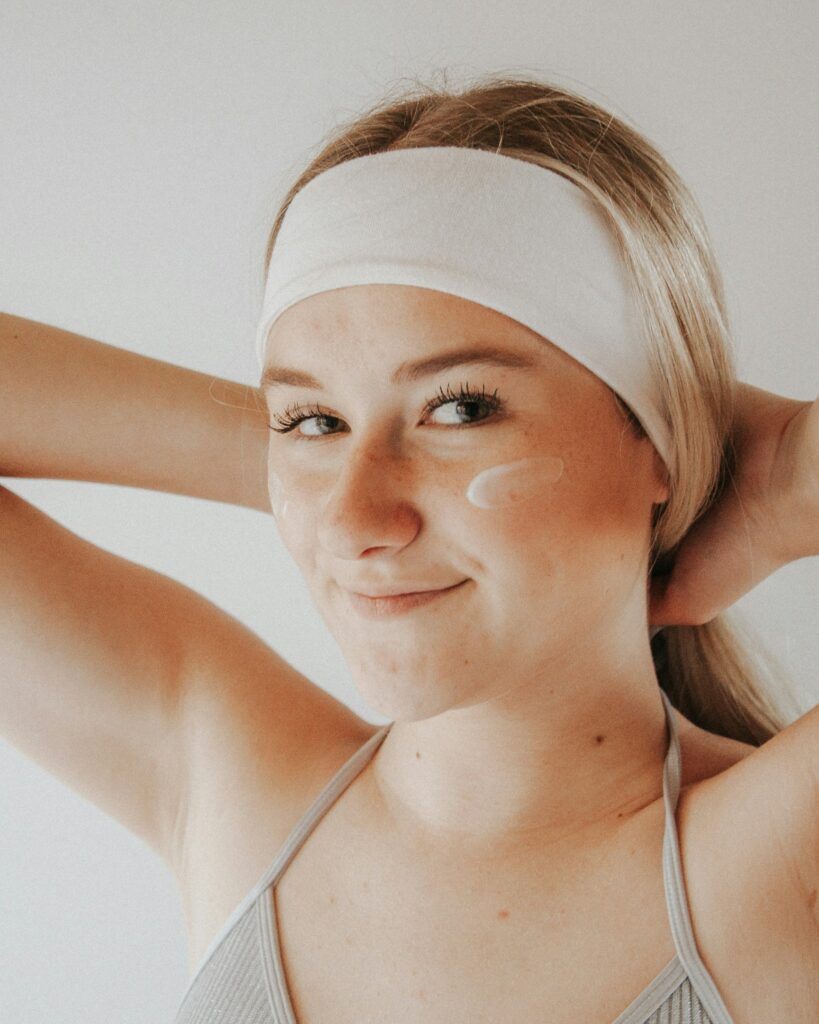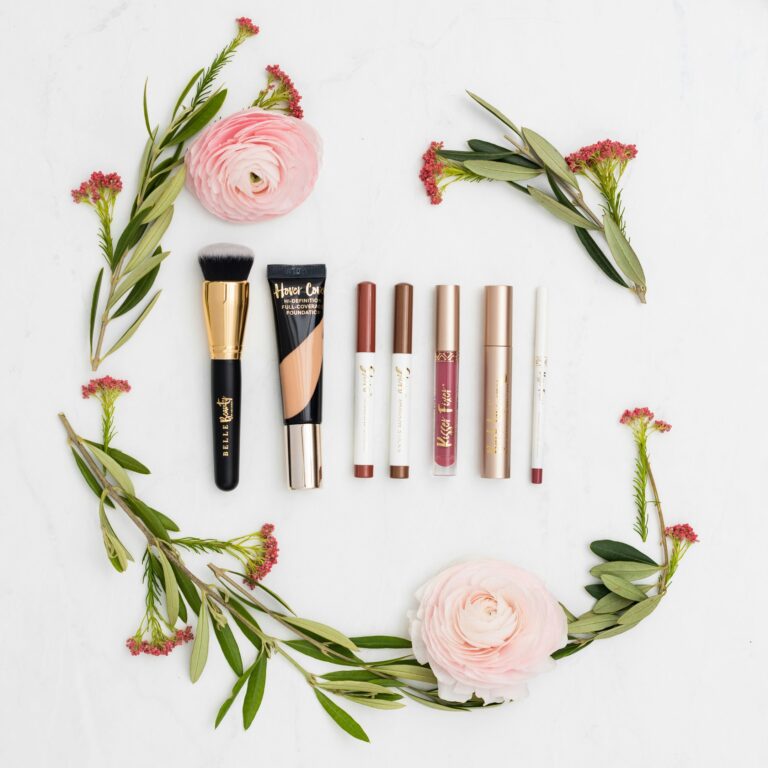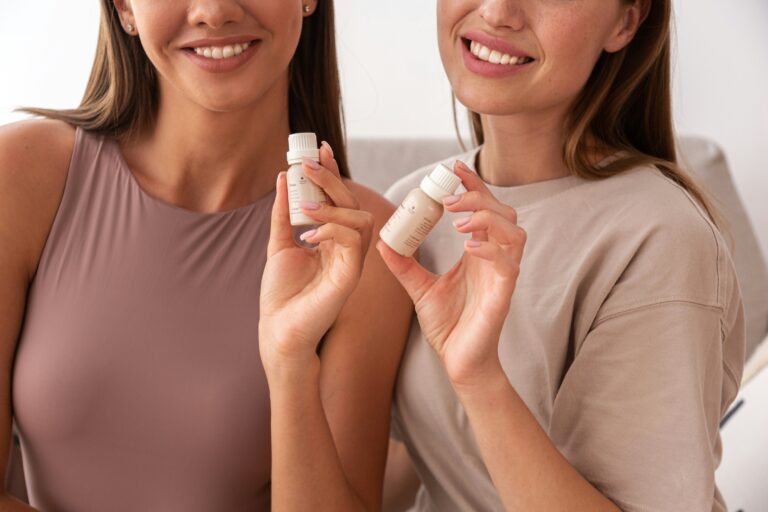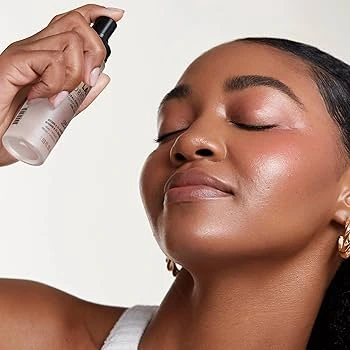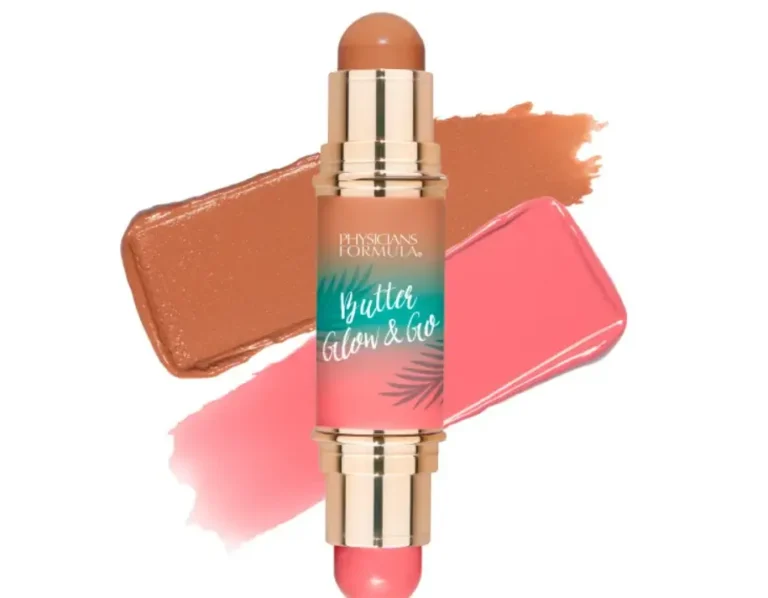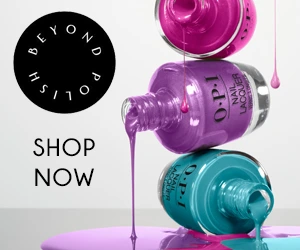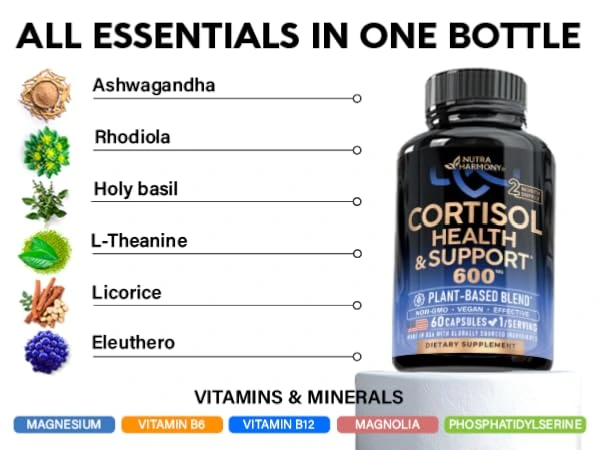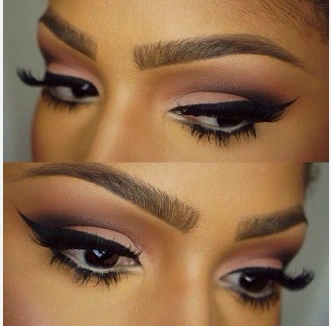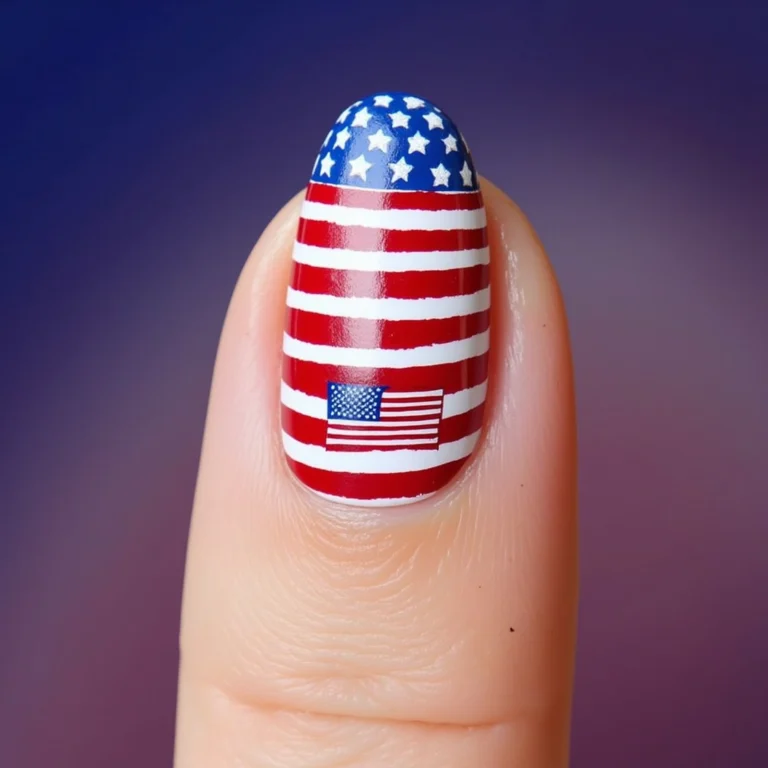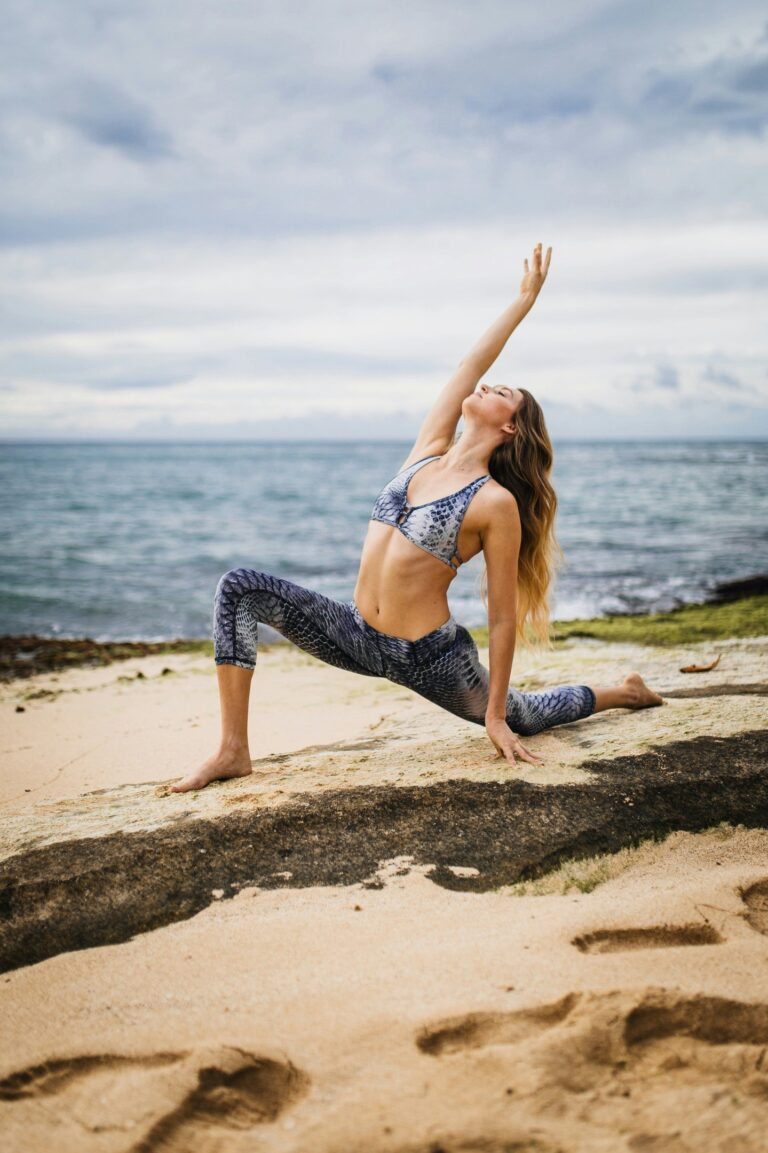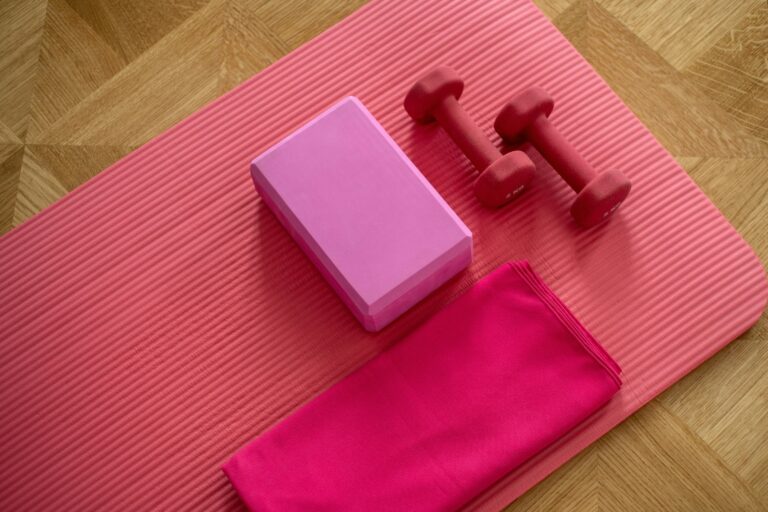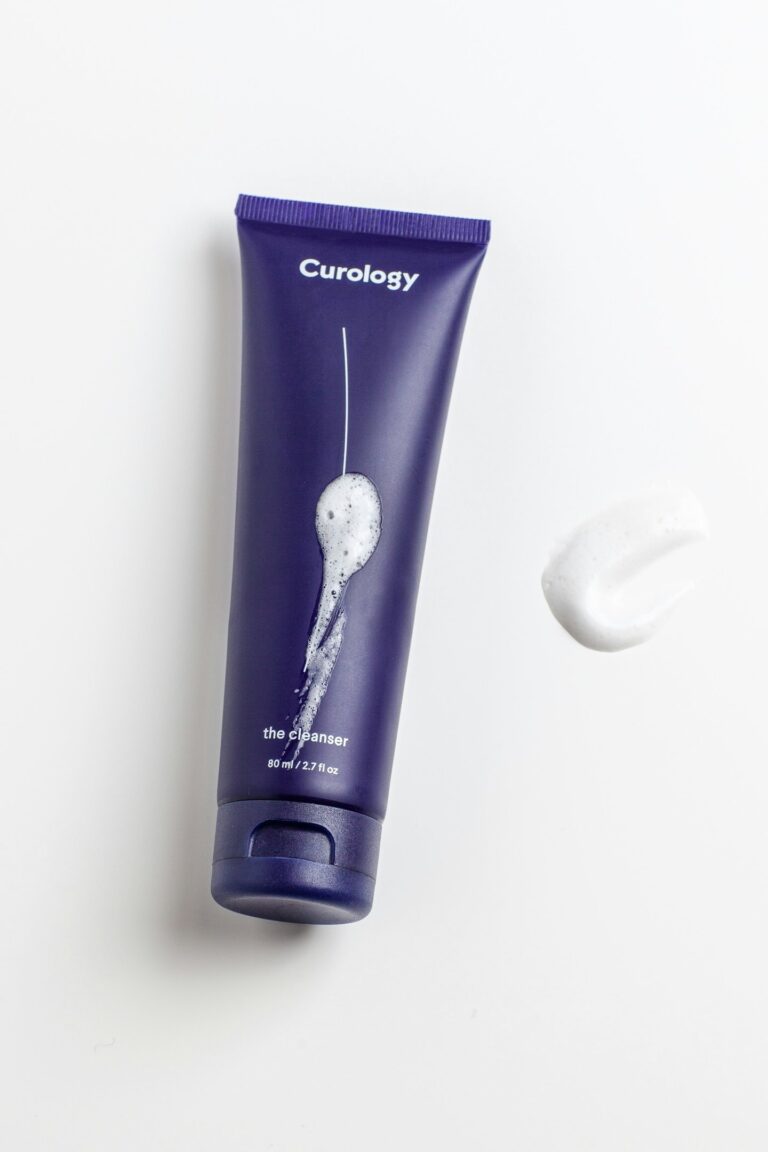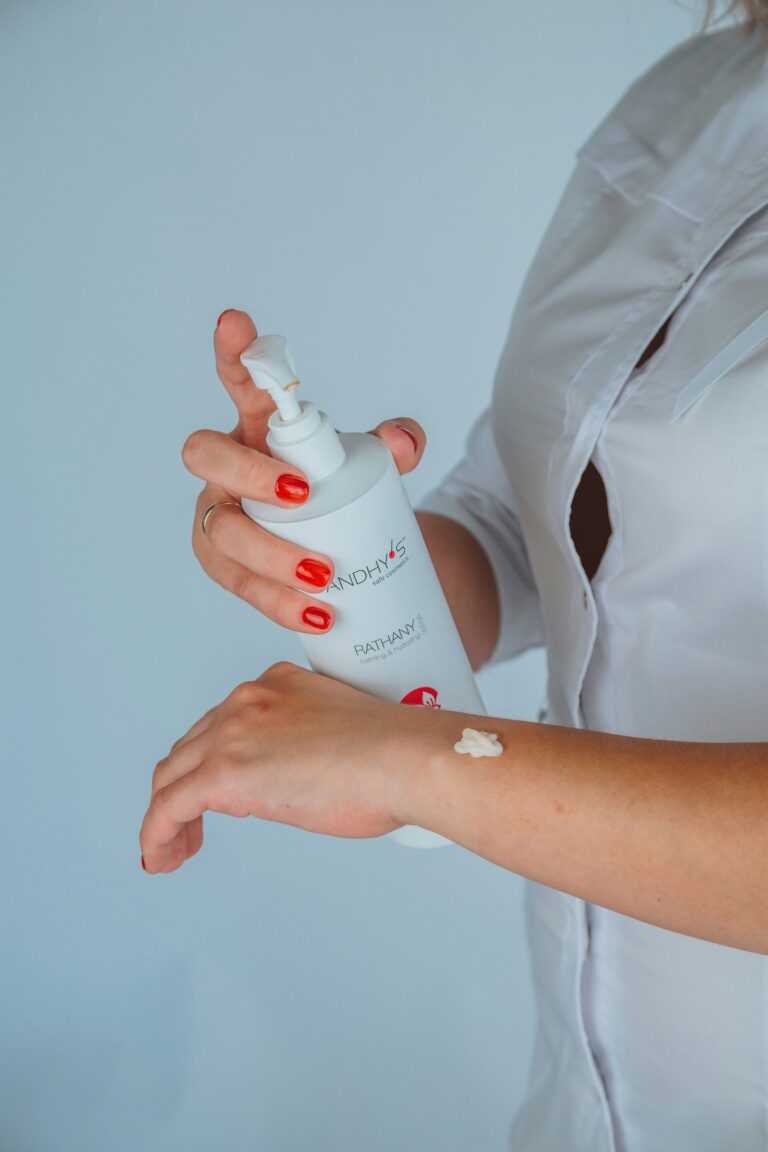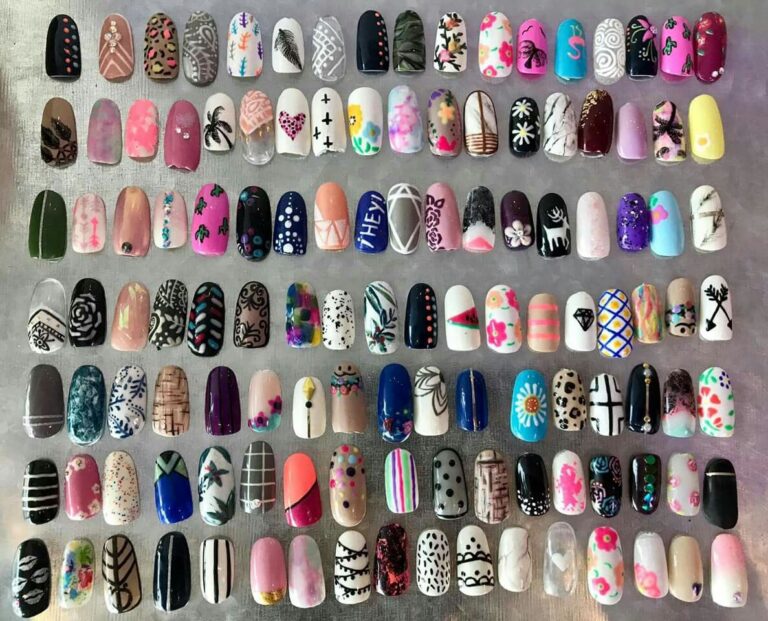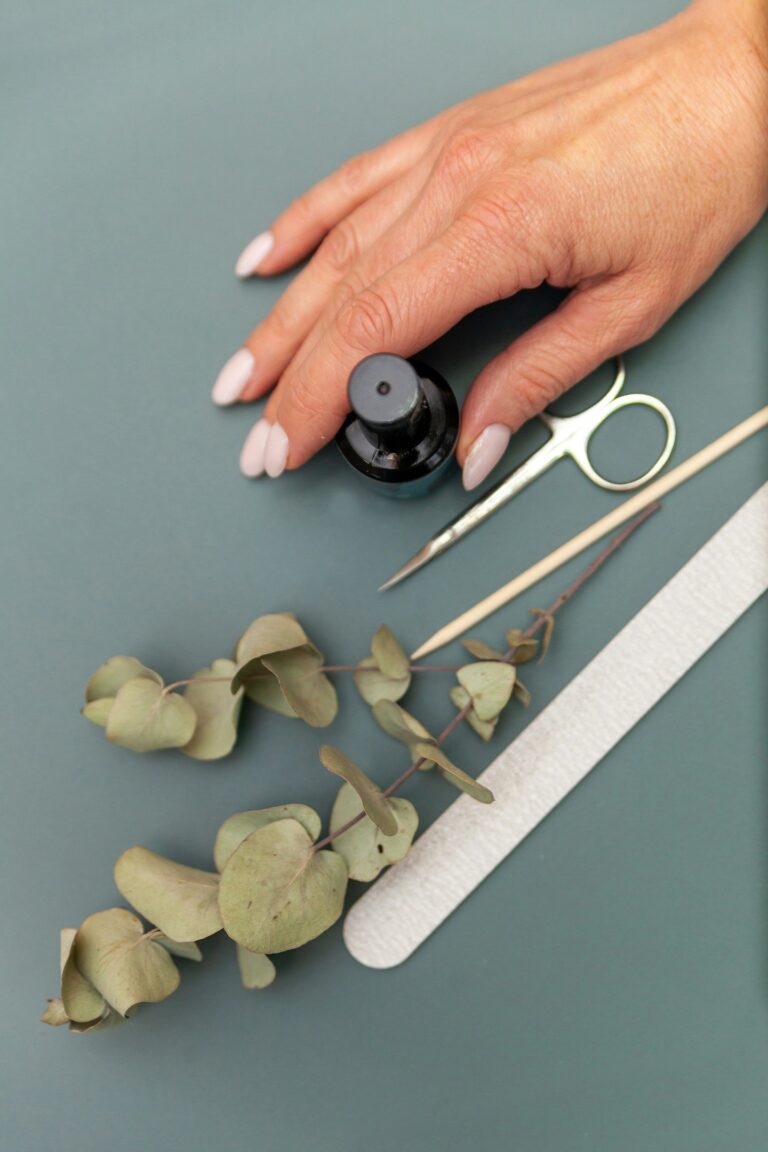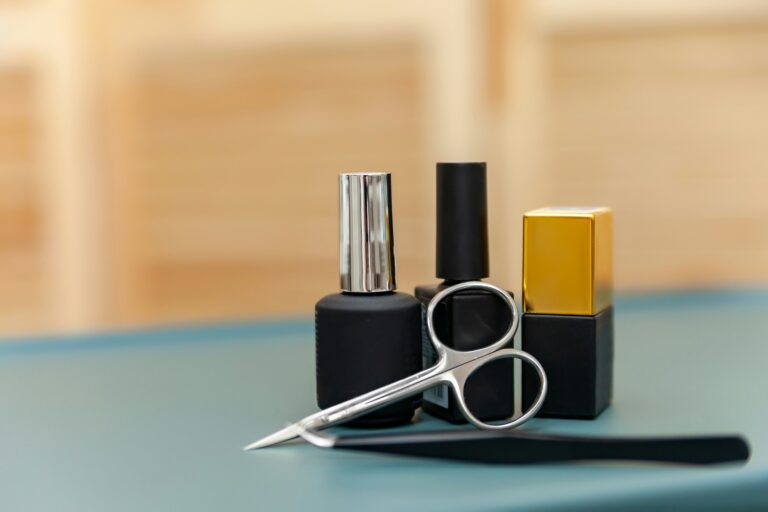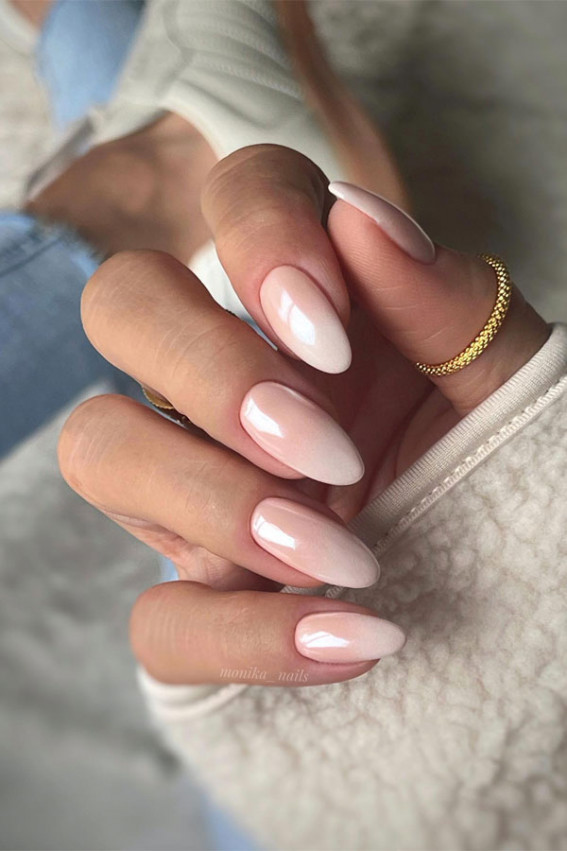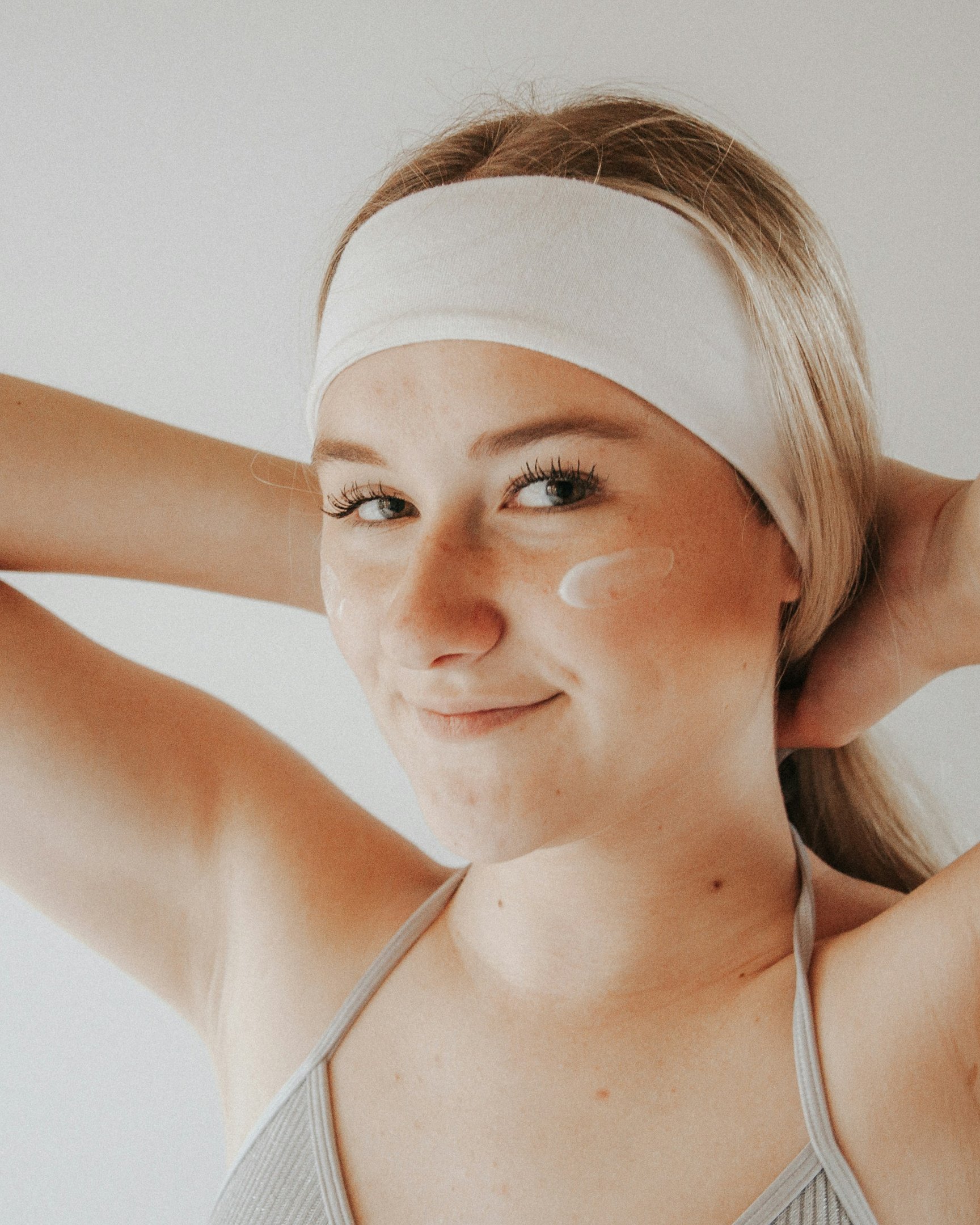
Why Day vs. Night Matters in Skincare
Here’s the deal: your skin isn’t doing the same thing all the time. It has a rhythm (like a skincare DJ).
-
Daytime: Your skin’s job is defense. It’s out in the world battling UV rays, pollution, weather, stress, and even the blue light from your laptop.
-
Nighttime: Now it switches to repair mode. This is when your skin works to fix damage, restore hydration, and regenerate.
Different jobs = different needs. That’s why your skincare routine — especially your moisturizer — should ideally match the shift.
What a Daytime Moisturizer Should Do
A good AM moisturizer needs to:
-
Be lightweight and breathable
-
Layer well under SPF and makeup
-
Help protect against environmental stress
-
Support hydration all day without clogging pores
You’re looking for something that feels like a refreshing splash of water, not a thick blanket. And definitely nothing that makes your sunscreen pill or slide around.
🧴 Try: this gel-cream hybrid that hydrates without leaving any residue or shine — ideal under SPF.
Look for ingredients like:
-
Glycerin or hyaluronic acid for hydration
-
Niacinamide for skin barrier support and oil control
-
Antioxidants (like vitamin C, green tea, or coenzyme Q10) to fight off free radicals
-
What a Nighttime Moisturizer Should Do
Your PM moisturizer is your skin’s lullaby. It should:
-
Replenish moisture lost during the day
-
Support barrier repair
-
Calm inflammation
-
Help your skin recover from actives like retinol or exfoliants
So it’s okay (and often better) if your night cream is thicker, richer, and feels a little more cocooning.
🌙 Try: this overnight recovery cream packed with ceramides, peptides, and fatty acids — like a blanket for stressed-out skin.
Look for ingredients like:
-
Ceramides and cholesterol to rebuild the skin barrier
-
Fatty acids and squalane for nourishment
-
Panthenol or allantoin to soothe
-
Peptides for that extra anti-aging boost
-
What Happens If You Use the Same Moisturizer Twice a Day?
Short answer: if your moisturizer is well-formulated and balanced, it can totally work for both. Especially if you have normal or combo skin and use a lightweight formula that layers well.
BUT, here are a few situations where you might want to upgrade to a two-moisturizer system:
-
You wear makeup or SPF daily and need a fast-absorbing base
-
Your skin gets oily during the day but feels dry at night
-
You use actives (like retinol or acids) in your PM routine
-
You live somewhere with seasonal extremes (hot humid days, cold dry nights)
🎯 Try: this water-based moisturizer for day and a ceramide-rich cream for night — the dream team combo.
Real Talk: Do You Need Two Moisturizers?
Let’s do some skincare math:
-
One $25 moisturizer you tolerate vs.
-
Two $18 moisturizers your skin loves (and uses every drop of)
You don’t have to go all-in and buy a million products. But tailoring your moisturizer to what your skin needs right now — whether it’s 8am or midnight — can make a huge difference in glow, texture, and comfort.
Think of it like shoes. You wouldn’t wear fuzzy slippers to the gym, right? Same idea.
What If You Have Oily or Acne-Prone Skin?
If you’re oily, you might worry about using any moisturizer, let alone two.
Here’s the truth: oily skin still needs hydration — it just prefers it in a lighter package. That’s where gel-based or emulsion moisturizers come in.
AM Tip: Use a mattifying or oil-controlling formula with niacinamide.PM Tip: Switch to something with a bit more nourishment, especially if you’re using acne treatments.
💧 Try: this gel moisturizer with zinc and green tea that controls oil but never dries you out.
If You Have Dry or Sensitive Skin…
You’re probably already in the two-moisturizer club — you just didn’t know it.
Dry skin thrives with richer, emollient-heavy moisturizers at night. During the day, you might still want something lighter that won’t interfere with SPF or makeup.
Look for:
-
Day: Hydrating but not greasy (think: glycerin, aloe, squalane)
-
Night: Barrier-repair creams with shea butter, ceramides, or oat extract
🛁 Try: this balm-to-cream moisturizer for night that soothes and repairs while you sleep.
Do You Need a Separate Eye Cream Too?
Controversial take: not always. Many well-formulated moisturizers can be used around the eyes — as long as they’re fragrance-free and non-irritating.
But if you’re dealing with puffiness, dark circles, or milia (those little bumps), a dedicated eye product with targeted ingredients might help.
👀 Try: this caffeine-infused eye gel that depuffs without leaving a sticky residue.
Final Verdict: What’s Best for You?
If your skin:
-
Feels great with one product — keep doing you.
-
Feels dry or flaky at night — add a richer PM cream.
-
Looks shiny by lunch — consider a lightweight AM formula.
-
Gets confused with actives — let your night cream do the soothing.
You don’t need to go broke or fill your cabinet to the brim. But having one moisturizer for day and one for night — tailored to what your skin needs at that time — can be the upgrade your routine didn’t know it needed.
